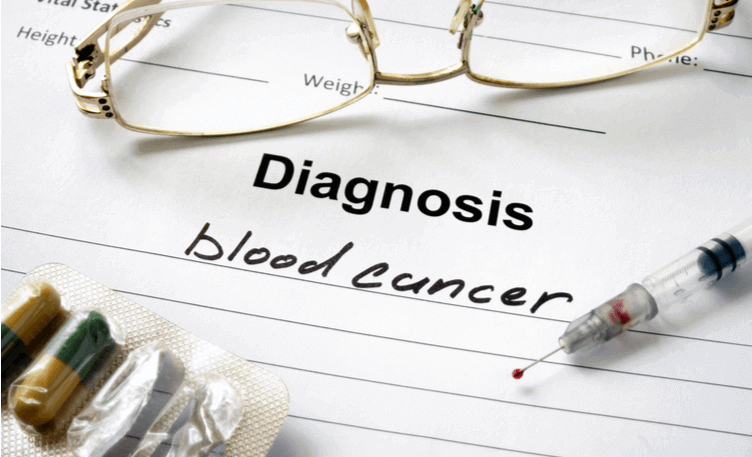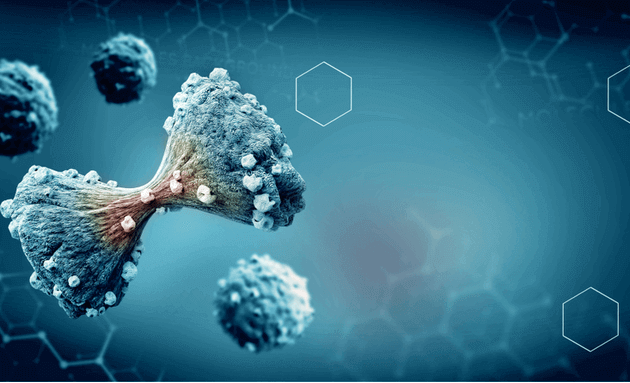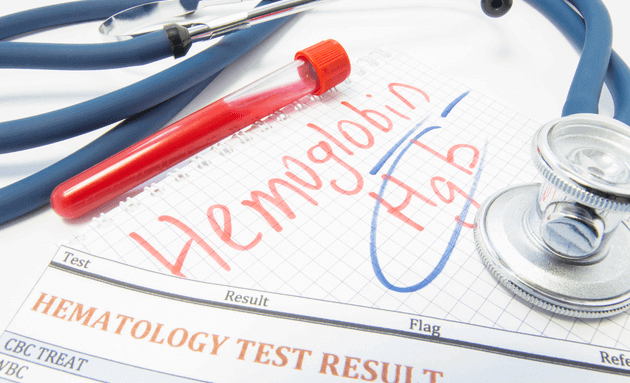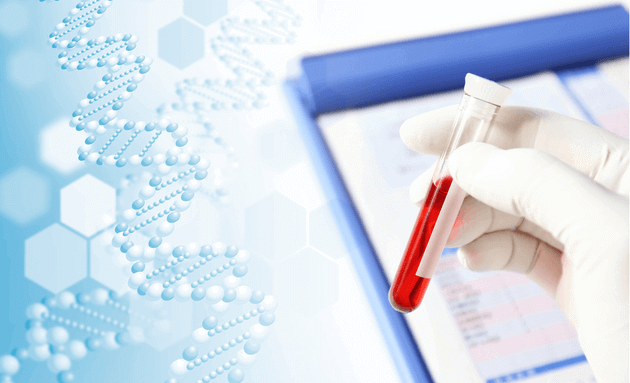The Difference Between Multiple Myeloma, Lymphoma, and Leukaemia

India has the third-highest number of reported haematological cancer victims, after the US and China. While there is no concrete data to show the rise of blood cancer in India, the number of bone marrow transplants reported in hospitals have seen a steady rise since 2012. There is some evidence to say that genetic factors, exposure to harmful chemicals, and other environmental issues can be linked to different types of blood cancers.
What are Blood Cancers?

Cancer that begins in the blood-forming tissues, affecting your body’s immune system, is called blood cancer. There are mainly three types of blood cancers: Multiple Myeloma, Lymphoma, and Leukaemia.
What is Multiple Myeloma?
Multiple Myeloma develops in the bone marrow and affects plasma cells of the body. Plasma cells are responsible for producing antibodies that attack infections and diseases. When these cells become cancerous, they collect in the bone marrow and weaken the bones, causing pain. They also produce unusable antibodies that make the body weaker.
What is Lymphoma?
Lymphoma affects the lymphatic system, which is responsible for getting rid of toxins in the body. When the immune cells, or lymphocytes, grow out of control, they collect in lymph nodes, spleen, in other tissues, and organs. The disease is categorised as Hodgkin Lymphoma or Non-Hodgkin Lymphoma.
What is Leukaemia?
Leukaemia is cancer in the bone marrow that gradually spreads to the bloodstream. Leukaemia is the most common cause of death due to cancer in India. In Leukaemia, the bone marrow produces metamorphosed cells, that outgrow the healthy blood cells eventually. There are multiple forms of leukaemia, but the diagnosis is determined on the basis of acuteness or chronicity.
What are the symptoms of the different kinds of Blood Cancer?

More often than not, symptoms are common to all three forms of blood cancer, and without in-depth screening, it is difficult to diagnose the right kind. Common symptoms include:
- Fever
- Weight Loss
- Fatigue and weakness
- Pain in the bones and joints
Specific symptoms for Multiple Myeloma include:
- Low blood count
- Hypercalcemia, which is a condition occurring due to high levels of calcium in the blood
- Kidney problems
- Spinal cord compression, due to weakened bones, and may lead to paralysis
Specific symptoms for Lymphoma include:
- Painful swelling in your neck, groin, and armpits
- Fever and incessant sweating
- Fatigue
- Unexplained weight loss
- Shortness of breath
Specific symptoms for Leukaemia include:
- Severe, frequent infections
- Recurrent nosebleeds
- Tiny red spots on the skin, which is also called petechiae
- Excessive sweat and pain in the bones and joints
How is Blood Cancer Diagnosed?

Specific Cancer blood tests and other pathological tests are employed to determine whether someone has blood cancer or not. Some of the tests administered for diagnosis are:
- Complete Blood Count or CBC
- Blood Protein Testing, or Electrophoresis
- Tumour Marker Tests
- Bone Marrow Biopsy
How is Blood Cancer Treated?
If tests have indicated any of the three types of blood cancer, your doctor will consult with you and begin necessary treatment procedures. Although there are different, specialised treatments for every type of cancer, depending on the stage and extent of it, the most common methods of treatment are:
- Chemotherapy: Using medication to kill the rapidly-growing cancer cells in the body. They can be administered through pills or injections. High dosage of chemotherapy is used before a bone marrow transplant
- Targeted Therapy: They are administered in the form of pills or injections, and focuses on targeted abnormalities in the cells
- Bone Marrow Transplant: Also known as stem cell treatment, it replaces your affected bone marrow with a healthy one
- Radiation Therapy: Is done using high beams of energy like X-rays and protons to stop the growth of cancer cells
- Biological Therapy: That uses pills to find and attack the cancer cells and boost the immune system
- Corticosteroids: Administered in a pill form or can be injected through your veins, it helps regulate the immune system and control inflammation in the body
State-of-the-art treatment methods and facilities have made it possible to battle cancer in today’s day and age. Early signs and symptoms should not be ignored, and a consultation with the doctor is a must at any cost.


